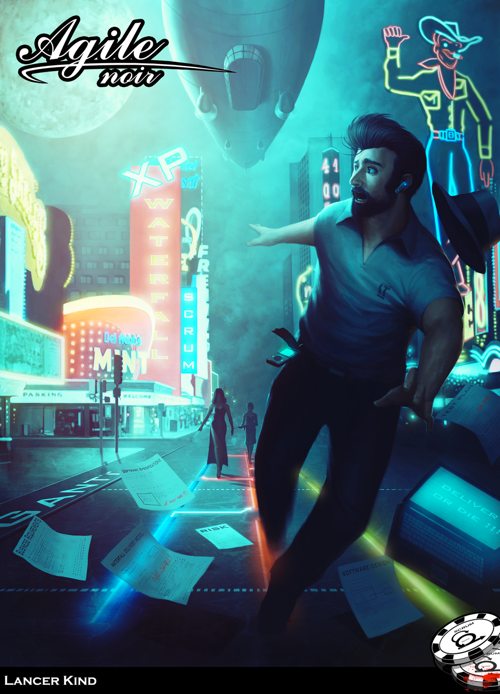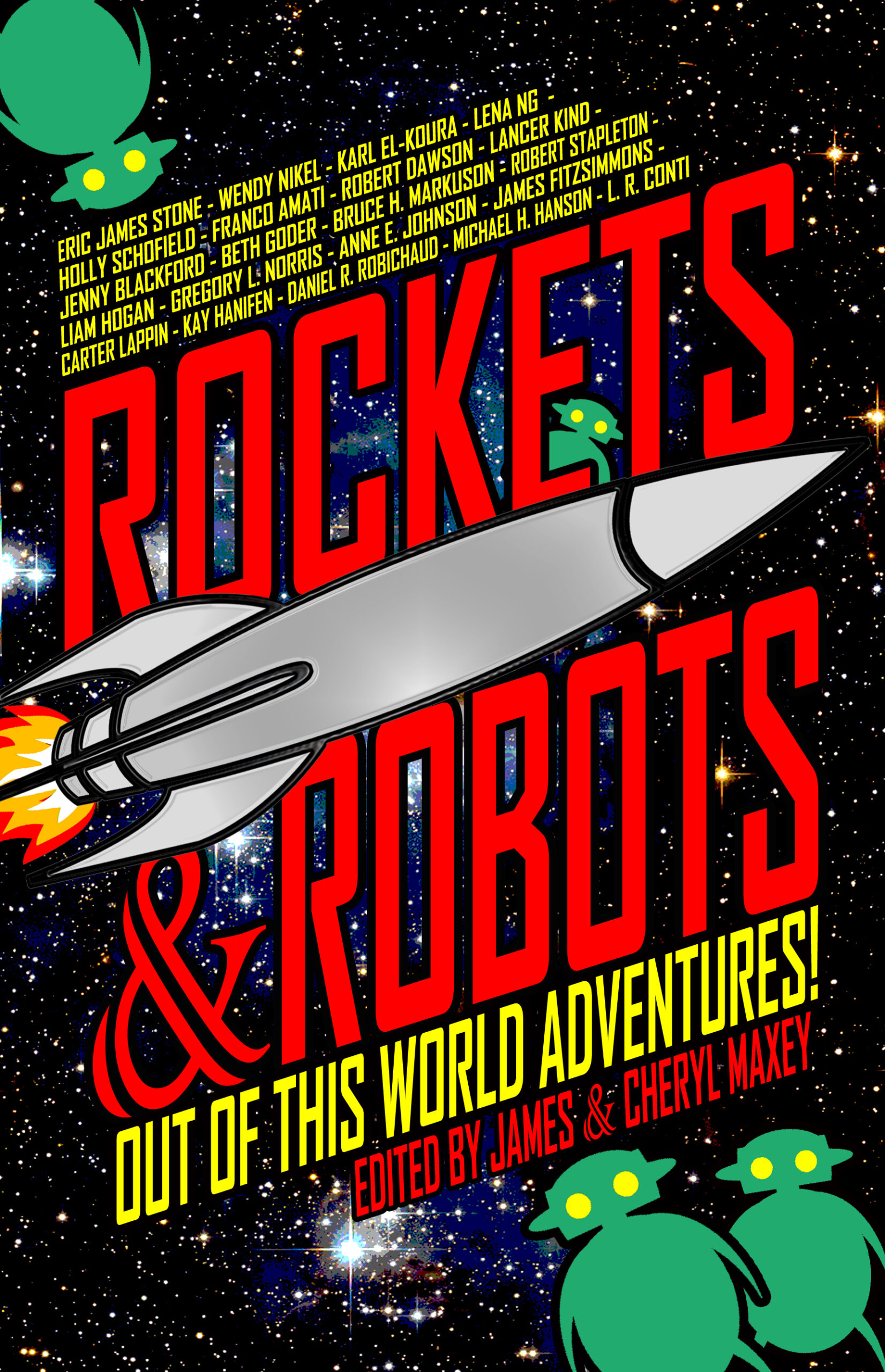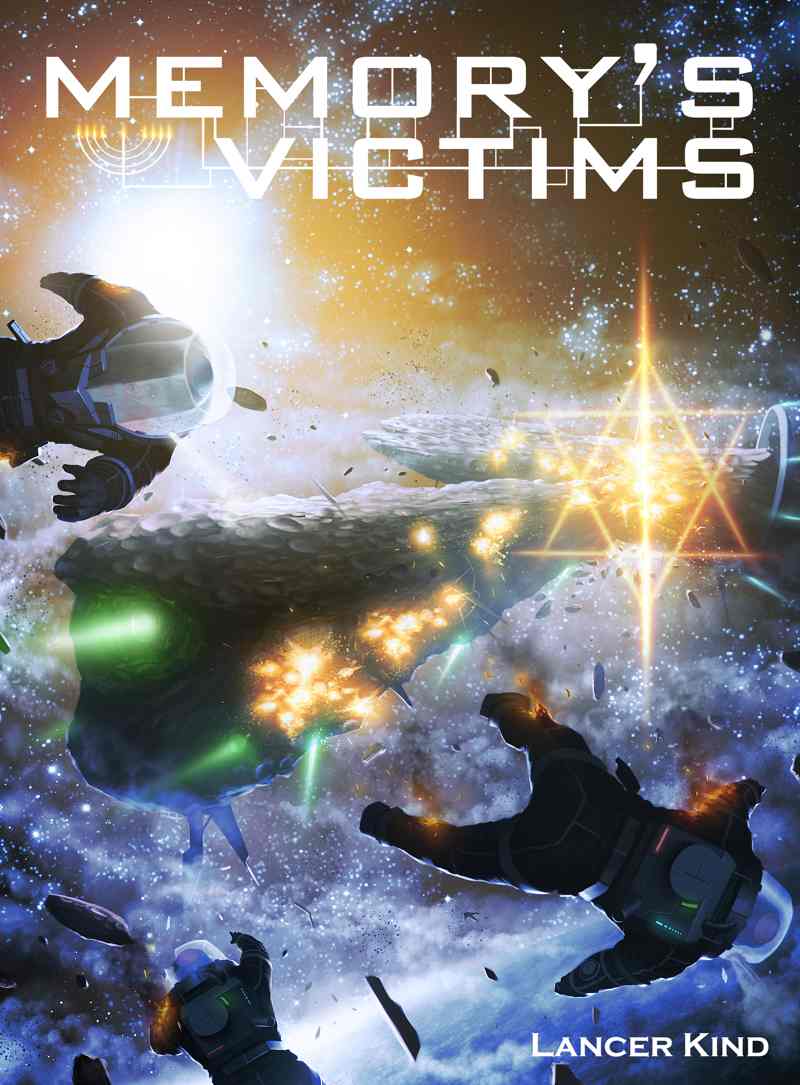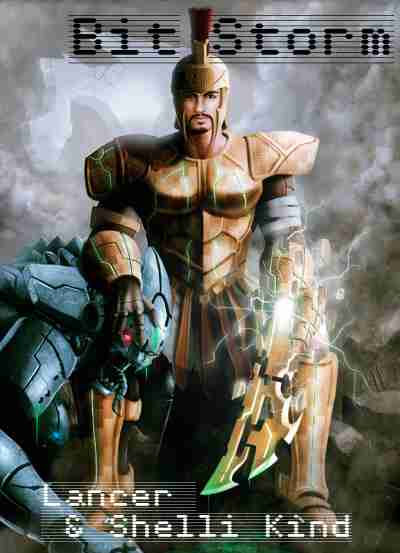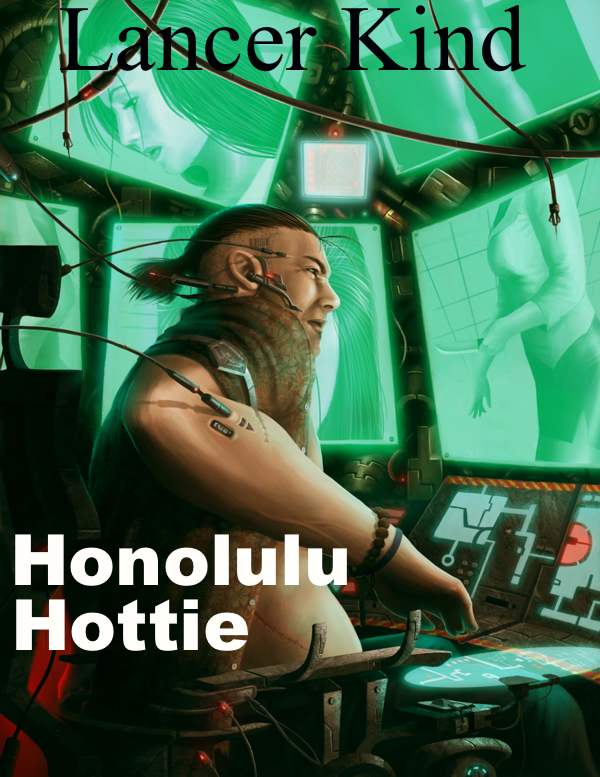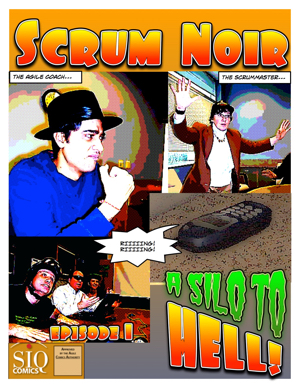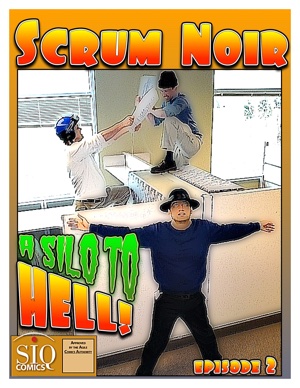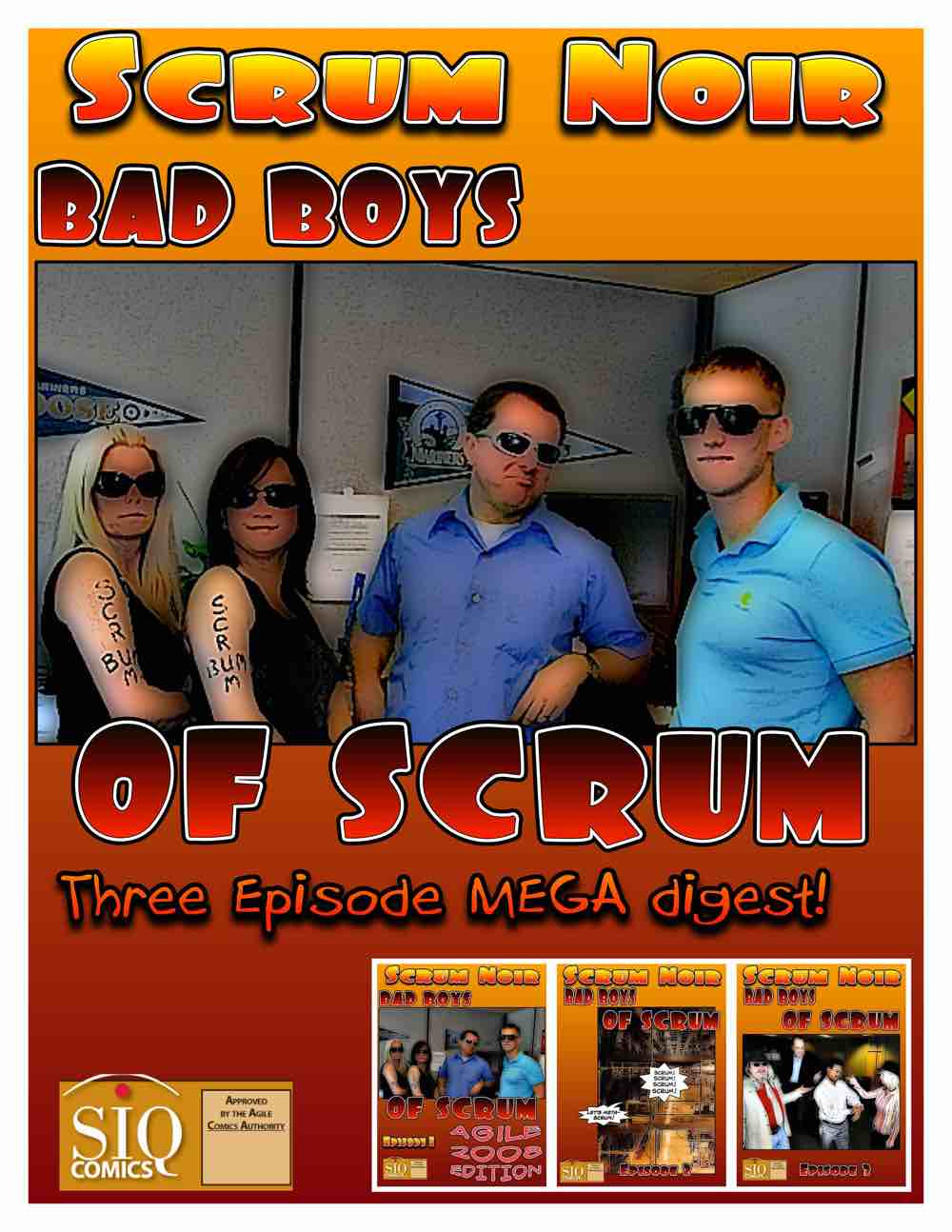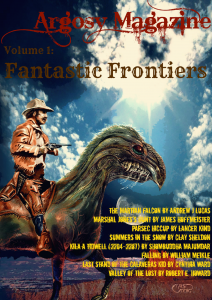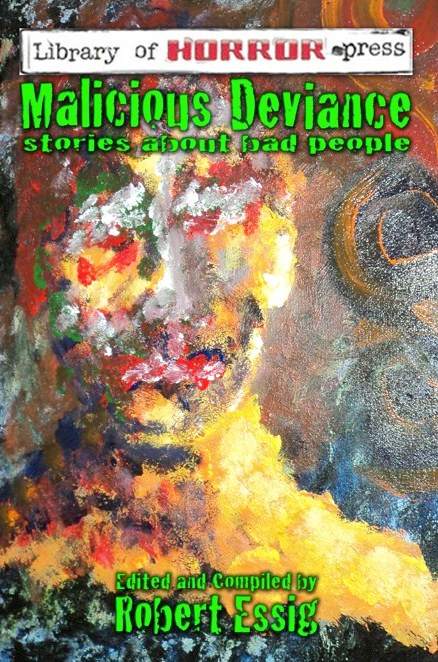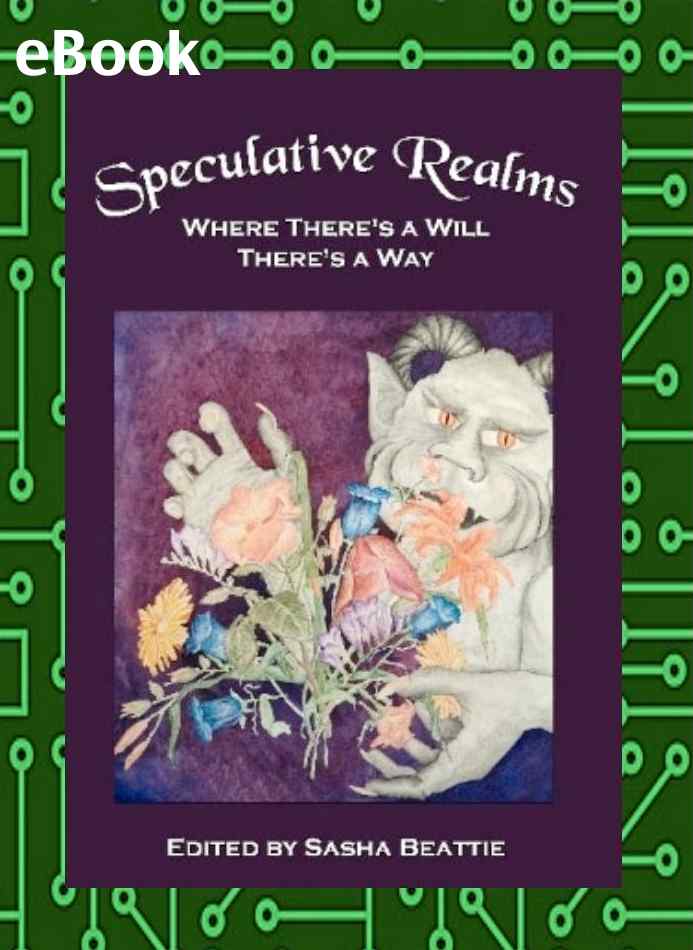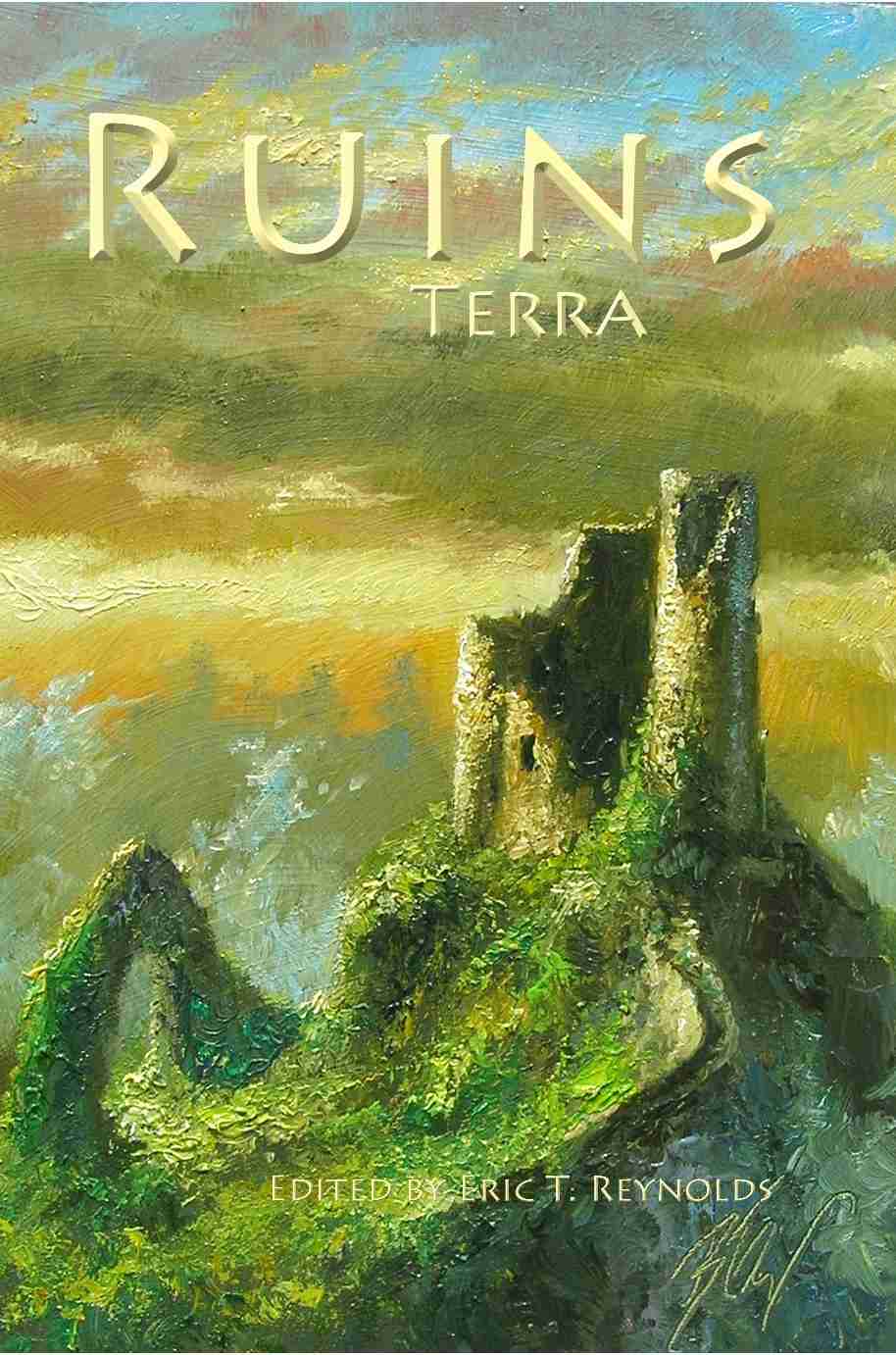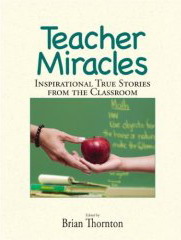004 SciFi Genesis
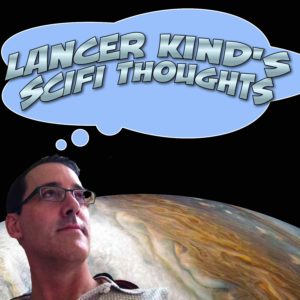 CONNECT
CONNECT
Welcome to SciFi thoughts where for a few short minutes I’ll tease and tantalize your mind with this genre from the future.
Register your email address at LancerKind.com <http://lancerkind.com> and you’ll get cool extras about science fiction such as convention schedules and other nifty stuff.
==>Lancer— Kind
004 SciFi Genesis
Perhaps you’re new to SciFi or perhaps you’ve been reading SciFi for a few decades. Have you wondered when science fiction came about? For example: Did you know that this story telling genre about the future is quite old? <needle scratch>
Take a moment and form a guess in your mind. How old do YOU think science fiction is?
You have that number in your mind? Let me give you some clues: it was before there were airplanes, gas burning cars, or even steel railroads.
Have you adjusted that number?
Did you know that the science fiction genre is 500 years old? That the first science fiction book came off a printing press in the 1500s?
It turns out, the idea of writing a fictional tail using science and speculation of technology, governments, and society is rather old. Having a market of readers as well as having the technology to create books at volume happened in the mid 1400s. In that century, Europe only produced about a few thousand thousand books. It was during the 1500s that our first science fiction book comes on to the scene and by then Europe’s printing capacities reached one or two hundred of million books. There were books with fanciful narratives before the 1500s but these would classified as fantasy as they were filled with magic, myth, and miracles.
Are you familiar with the word utopia? Did you know it’s an ancient subgenera of science fiction? Utopian stories are designed to give us a glimpse of how society could be near perfect if it made different decisions or had better technology. In the 1500’s Sir Thomas Moore wrote the first science fiction story called Utopia.
So the first work of science fiction was in response to unhappiness of England’s King Henry the 8th who wanted to decide what religion everyone followed.
Utopian stories continued being the hot thing for the next two hundred years. It was hard to get published in those days as presses were far and few between. In 1765 we get our first space travel story from a French woman named Marie-Anne de Roumier-Robert.
Fifty years later we get horror SF with Frankenstein by Mary Shelley. Europe book production breaks a billion books. In the 1800s, more new ideas are added to science fiction with Steampunk, time travel, alternate history, and alien invasion from Jules Verne, HG Wells, and a host of others.
Next episode, we’ll talk about when the words “science fiction” become a label for this type of story.

